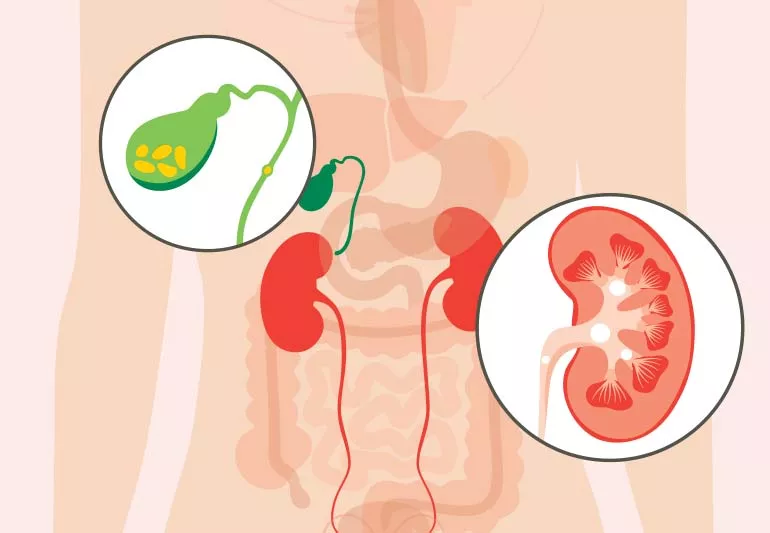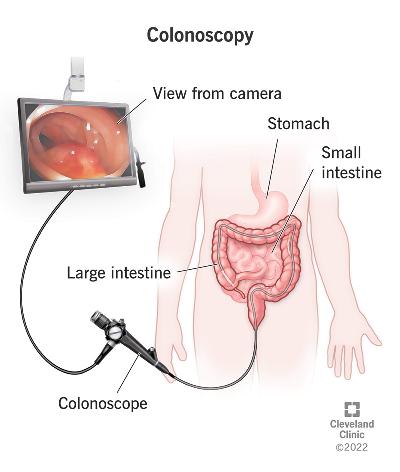 DA 70+ Guest Post Placements – Elite Authority at Your Fingertips!
DA 70+ Guest Post Placements – Elite Authority at Your Fingertips!
Understanding and Managing Gastroesophageal Reflux Disease (GERD): Prevention and Treatment
Written by Dinesh » Updated on: June 17th, 2025

Gastroesophageal reflux disease, or GERD, is a common digestive disorder that affects millions of people worldwide. It occurs when stomach acid flows back into the esophagus, causing symptoms such as heartburn, chest pain, and difficulty swallowing. In this blog, we’ll explore the prevention and treatment options for GERD, as well as introduce you to the best surgical gastroenterologists in Hyderabad who can help you manage this condition effectively.
Understanding GERD:
GERD occurs when the lower esophageal sphincter (LES), a ring of muscle that acts as a valve between the esophagus and the stomach, becomes weakened or relaxed, allowing stomach acid to flow back into the esophagus. This can lead to irritation and inflammation of the esophageal lining, resulting in symptoms such as heartburn, regurgitation, and chest pain. Factors that can contribute to GERD include obesity, smoking, pregnancy, and certain medications.
Prevention Tips for GERD:
1. Maintain a Healthy Weight: Excess weight can put pressure on the abdomen, leading to increased risk of GERD. By maintaining a healthy weight through diet and exercise, you can reduce the likelihood of experiencing symptoms.
2. Avoid Trigger Foods: Certain foods and beverages, such as spicy foods, citrus fruits, caffeine, and alcohol, can exacerbate GERD symptoms. Limiting or avoiding these trigger foods can help prevent flare-ups.
3. Eat Smaller Meals: Consuming large meals can increase pressure on the LES and trigger acid reflux. Opt for smaller, more frequent meals to reduce the risk of reflux.
4. Don’t Lie Down After Eating: Lying down or reclining shortly after eating can allow stomach acid to flow back into the esophagus more easily. Try to wait at least two to three hours before lying down to reduce the risk of reflux.
5. Elevate the Head of Your Bed: Raising the head of your bed by six to eight inches can help prevent acid reflux during sleep by gravity’s assistance.
Treatment Options for GERD:
1. Lifestyle Modifications: In addition to preventive measures, lifestyle changes such as quitting smoking, avoiding tight clothing, and practicing stress-reduction techniques can help alleviate GERD symptoms.
2. Medications: Over-the-counter and prescription medications, such as antacids, H2 blockers, and proton pump inhibitors (PPIs), can help reduce stomach acid production and alleviate symptoms of GERD.
3. Surgical Intervention: For severe cases of GERD that do not respond to medication or lifestyle changes, surgical intervention may be necessary. Procedures such as fundoplication or LINX device placement can help strengthen the LES and prevent acid reflux.
Conclusion:
Gastroesophageal reflux disease can significantly impact quality of life, but with proper prevention and treatment, it can be effectively managed. By adopting lifestyle modifications, exploring medication options, and seeking expert care from the best surgical gastroenterologists in Hyderabad, you can take control of your GERD symptoms and enjoy a better quality of life. Remember to consult with a healthcare professional for personalized advice and treatment recommendations tailored to your individual needs.
If you have any problem related this diseases then you contact us.
Note: IndiBlogHub features both user-submitted and editorial content. We do not verify third-party contributions. Read our Disclaimer and Privacy Policyfor details.
Copyright © 2019-2025 IndiBlogHub.com. All rights reserved. Hosted on DigitalOcean for fast, reliable performance.













